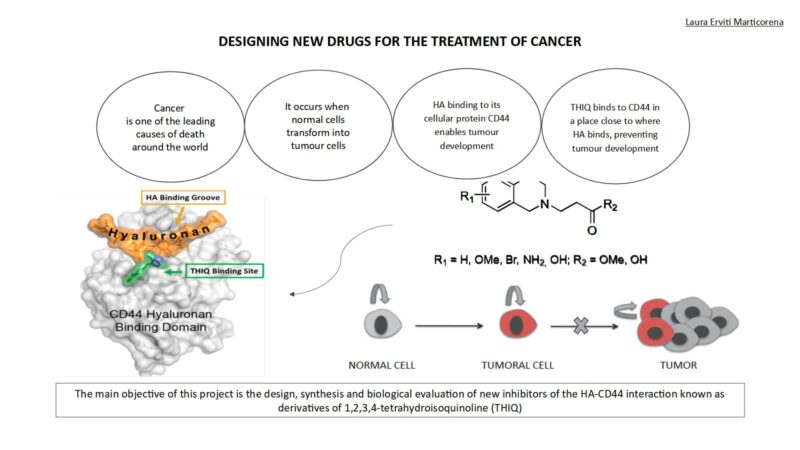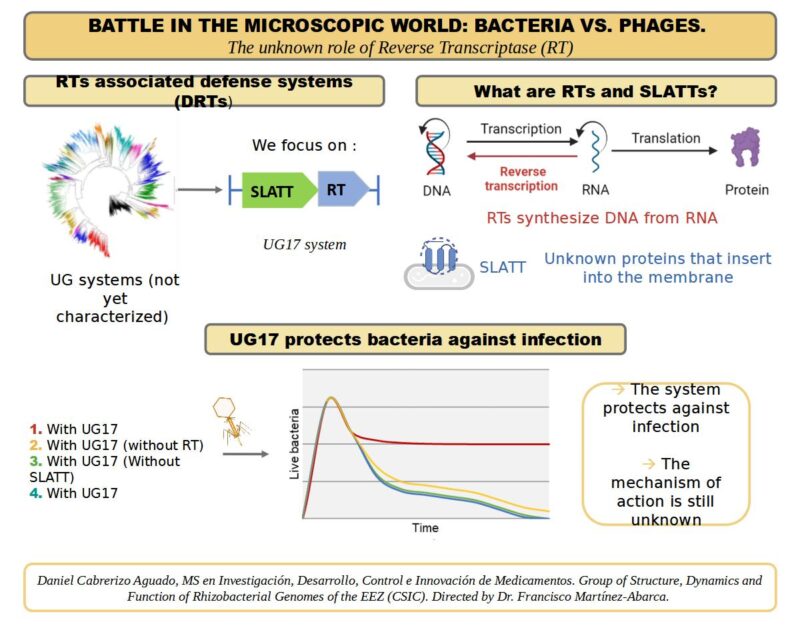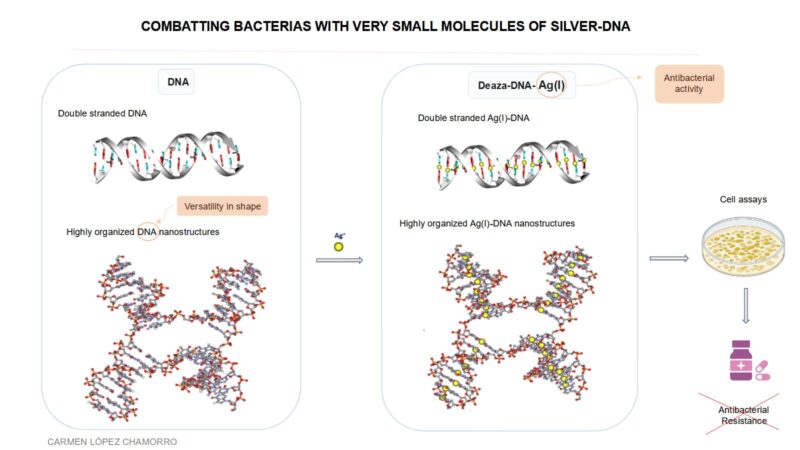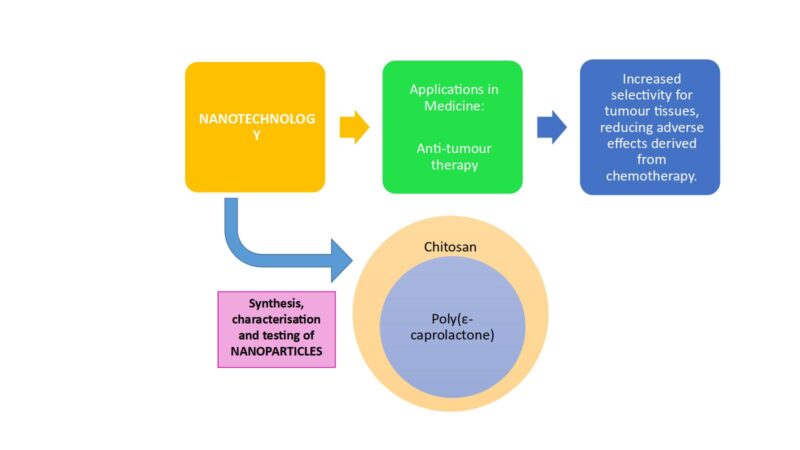
Systemic lupus erythematosus (SLE) is an immune disease in which the immune system mistakenly attacks and damages its own tissues and organs by producing antibodies against them (auto-antibodies). In recent years, several studies have shown that the microorganisms that live in our gut, known as microbiota, play an important role in the development of the disease, possibly due to the inflammation of the gut reported in patients with lupus.
In our group we observed gut inflammation in a mouse model of lupus. It is thought that gut inflammation leads to an increase in intestinal permeability, which would enable gut bacteria to enter the system inducing an immune response that could fuel the inflammation.
Our objective was to determine both the general immune response that takes place in the organism and the gut-associated reaction against the microbiota and/or organs.
To accomplish our goal, we measured the levels of antibodies in blood serum and feces. We also characterized the ability of the serum antibodies to react against microbiota. In future research, the bacteria that get through the intestinal barrier and induce an immune response will be identified.
Keywords: Lupus; antibody; microbiota; gut.
Directed by: Marta Alarcón-Riquelme




